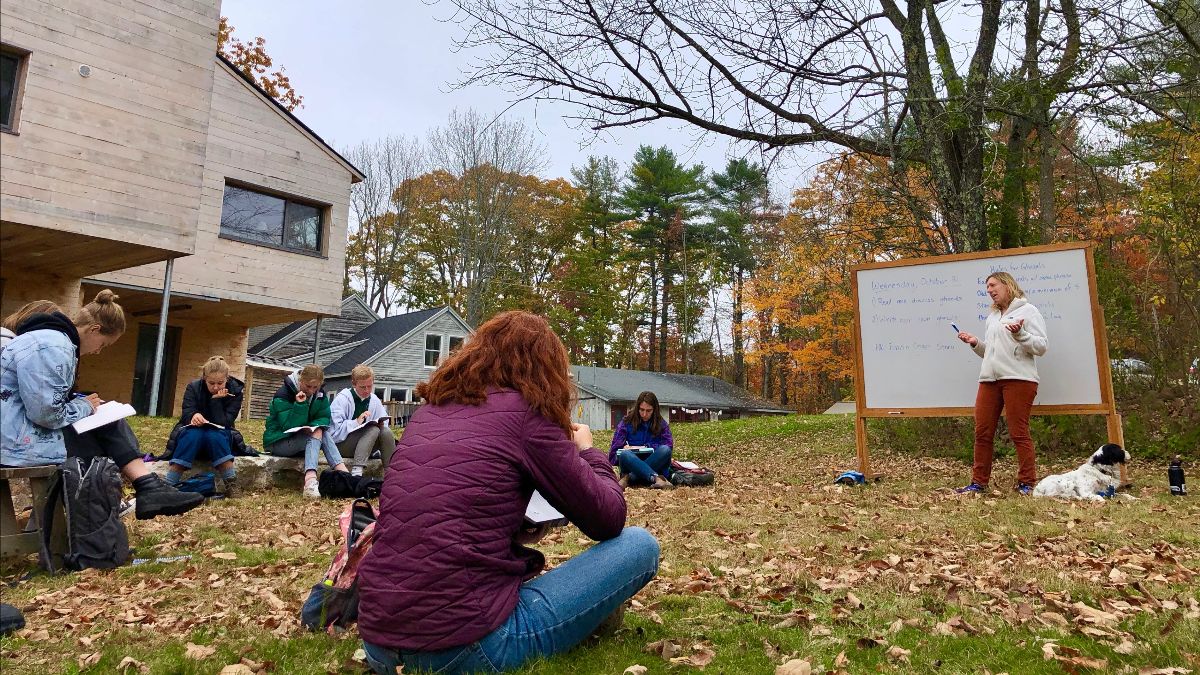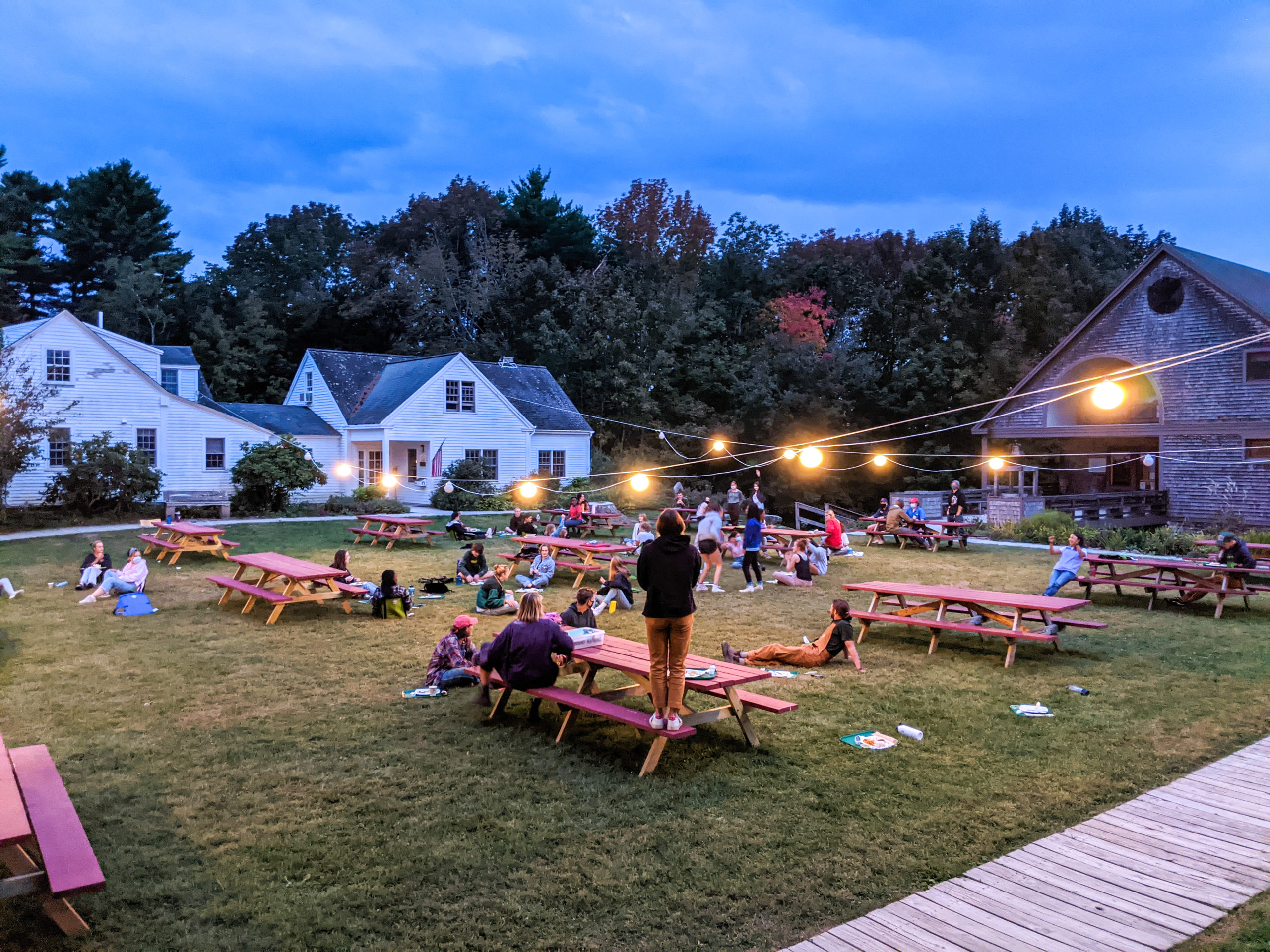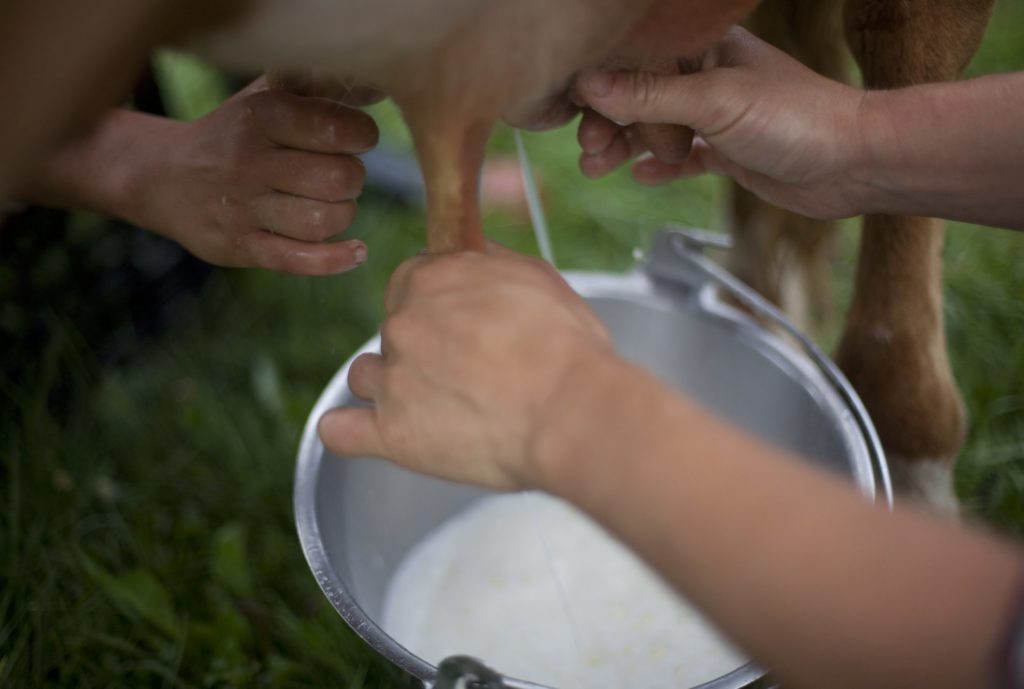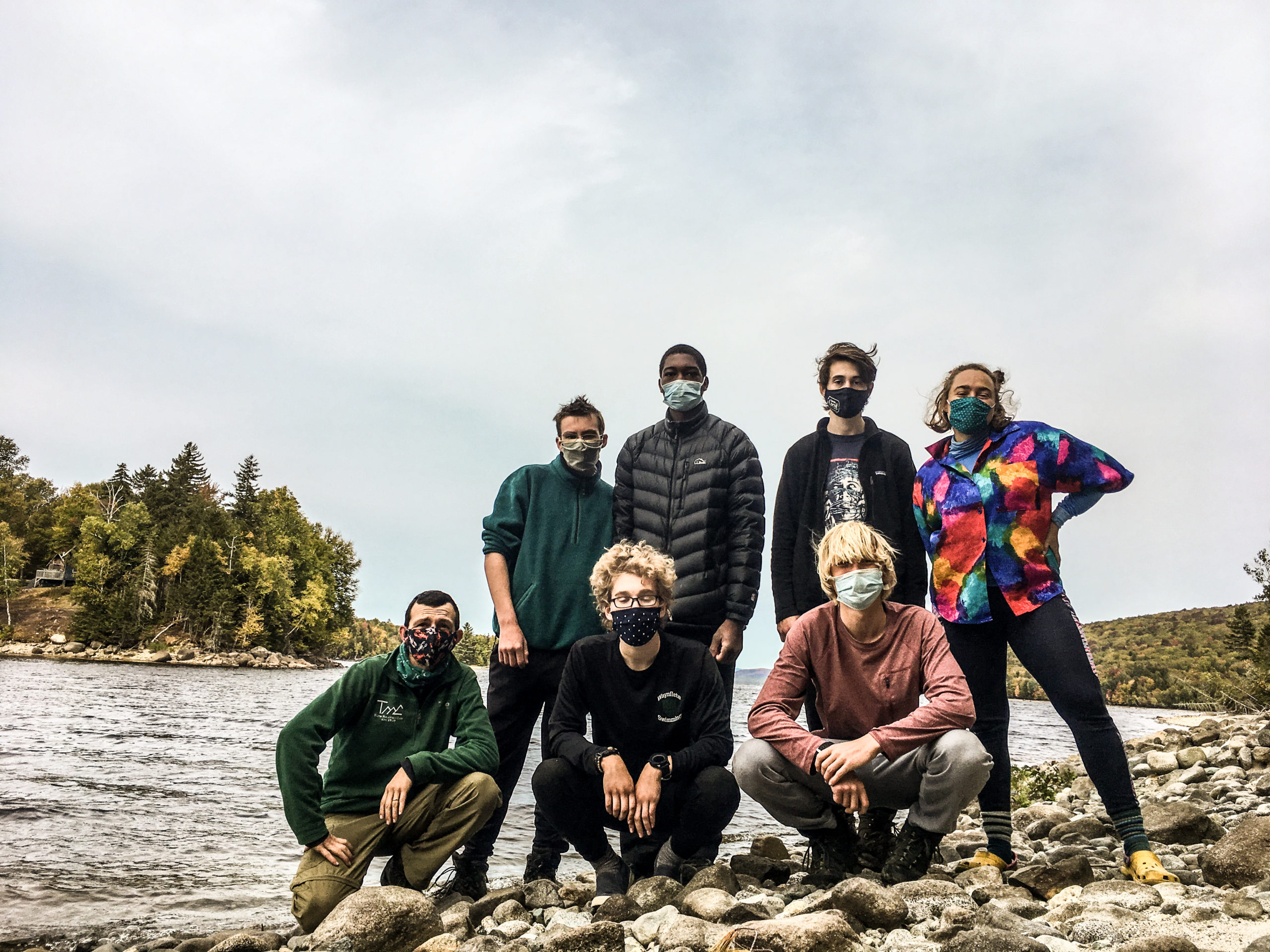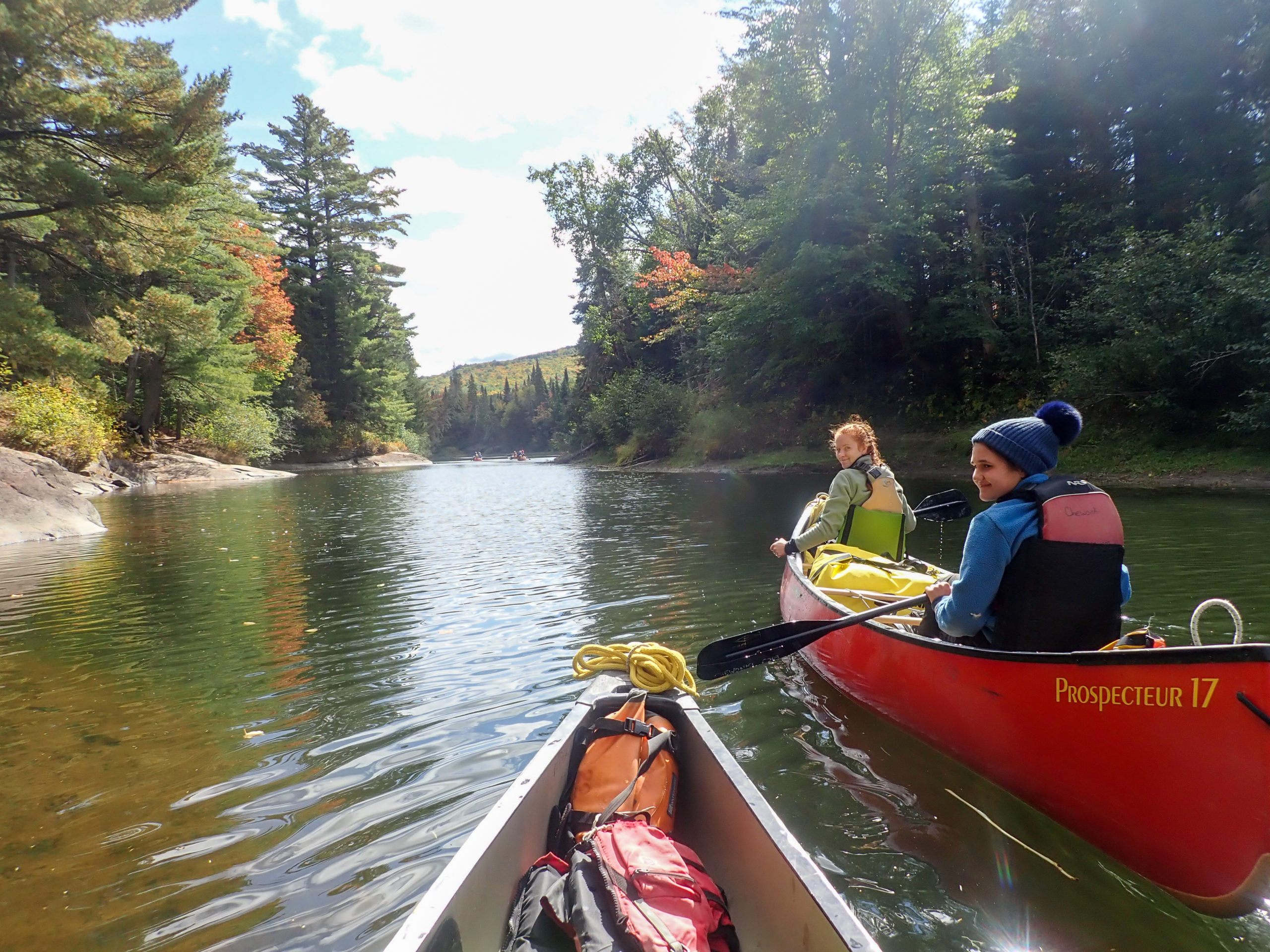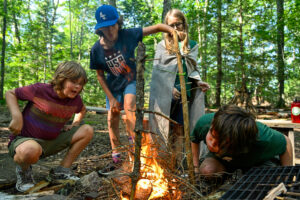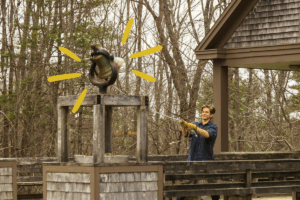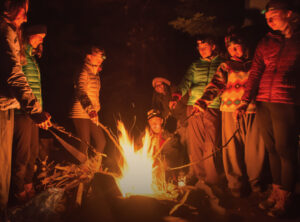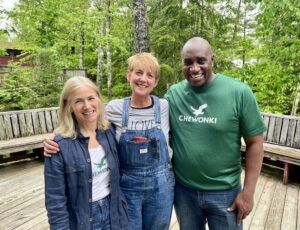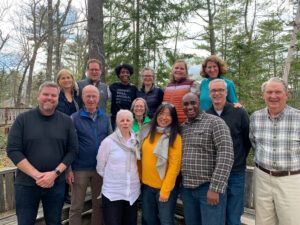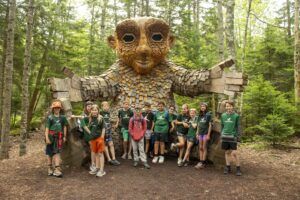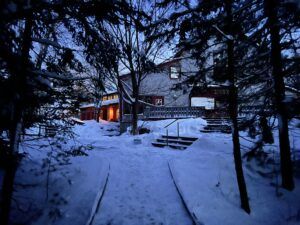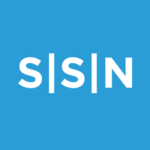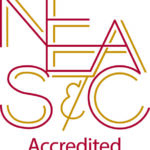2020 has been a year unlike any other.
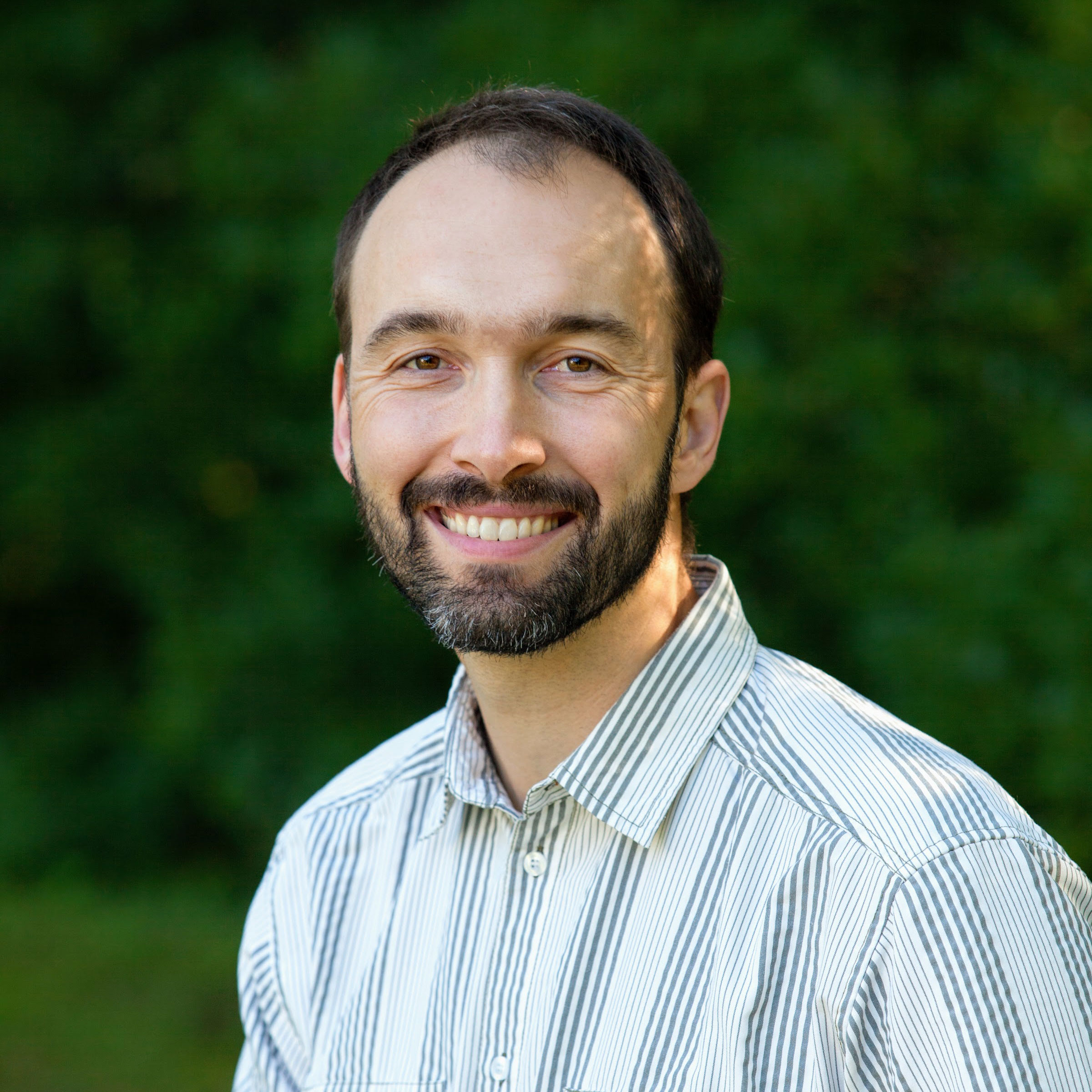
In my role as the president of Chewonki, it is my pleasure to provide you with a “state-of-Chewonki” update, sharing some of the key challenges, inspiring accomplishments, and upcoming opportunities for our community.
We initially closed our Wiscasset campus on March 14 because of the COVID-19 pandemic, and since then, nothing has been the same. In the spring and summer, I sent periodic updates about how we were responding to this unprecedented situation. As a country and as an organization we are still grappling with three overlapping crises: the pandemic, economic recession, and a public reckoning with systemic racism, all set against the backdrop of political polarization and the undeniable advance of climate change.
Each of these subjects alone represents a significant challenge to our organization. Combined, it has been a remarkable year of struggle and change, and I could not be more proud of our community for rising to the challenge.
I’m especially proud of the way we have continued to support our participants and their families, our neighboring communities, and each other during this time. From developing remote learning, to implementing COVID-19 protocols, to renovating our health center and (finally!) reopening to in-person learning in September, here are some of the ways that we have been coping with this challenging year:
- The Path to Reopening
- Reckoning with Racism
- Finding New Ways to Serve our Community
- Building Resilience Amidst the Pandemic
- Looking Ahead with Your Help
The Path to Reopening
Our campus successfully reopened to in-person learning for Maine Coast Semester at Chewonki and Chewonki Elementary & Middle School in mid-September. After all the challenges leading up to that day, it is a relief to once again see students depart on trips to the North Woods, eat meals on the Quad, and get their hands dirty from good work on the farm. It warmed my heart to watch the Chewonki vans full of students depart for science field labs and know that young people are once again canoeing along the salt marsh from our waterfront. These sounds and sights give us all tremendous hope.
Reopening was an all-hands-on-deck effort that depended upon several critical factors. Our staff, working in seven teams, studied reopening requirements and made a long list – hundreds of tasks large and small – to be accomplished in a few short months. Many of our staff delayed their time off and worked long hours, digging in to get the job done.
We also undertook a total renovation of our Health Center facilities and expanded the health services team to provide round-the-clock nursing coverage with the capacity to handle all health needs, including the possibility of a COVID-19 outbreak in our learning communities.
At the same time, nearly all classrooms, offices, and living spaces were adjusted to meet the new COVID-19 requirements. Protocols were written for everything from meals in the Wallace Center to student pick-up and drop-off procedures. New arrangements had to be created for faculty and administrative staff, including remote offices and online collaboration.
Quarantining, mask-wearing, physical distancing, saliva testing, daily health screenings, and daily disinfecting are now a routine part of what we do. I never would have expected to write that sentence a mere six months ago.
While the costs and challenges of these changes were heavy, I am heartened to remember they all served a singular purpose: to provide a safe space for participants to return to Chewonki.
Reckoning with Racism
The inequities of our national response to the pandemic and the impact of COVID-19 on communities of color, the longstanding racial bias within the criminal justice system, and the increased visibility of white supremacist ideologies have brought our nation to a public reckoning on race. At Chewonki, this context has provided new urgency to the work we have been doing since we adopted our Diversity, Equity, and Inclusion statement, a foundational document created to guide change to our organizational culture and structure.
In this process, we have better come to understand the extent to which Chewonki has not always been a welcoming and inclusive place for everyone and that the pace of our work has not been fast enough. While painful at times, we understand that healing and change cannot happen without an ongoing commitment to doing this work.
This past summer, Roseanne Saalfield, Chair of our board of Trustees, and I wrote an anti-racism statement that was sent to the Chewonki community as a next step in acknowledging where we are and where we are going. We are listening to our constituents with humility and engaging in comprehensive, collaborative, and ongoing work involving leadership, staff, Board, and a team of consultants to guide us as we apply what we are learning.
A staff committee is coordinating initiatives across Chewonki in all aspects of diversity, equity, and inclusion. This includes ongoing professional development as well as significant change efforts in our organization. For example, we have affinity group opportunities in place both for students as well as for faculty and staff. In addition, Camp Chewonki recently relaunched our summer program progression with a more gender-inclusive framework and a shift away from the term “wilderness” in consideration of the long and continuing human history of Indigenous peoples on the lands and waters where we travel.
One of my focal efforts this year as President is my participation in the First Light Learning Journey along with one of our Trustees. First Light, as described by the program facilitators, “is a bridge between conservation organizations and Penobscot, Passamaquoddy, Maliseet and Micmac Communities who seek to expand Wabanaki stewardship of land. We aspire to reciprocity: our goal is to expand Wabanaki access and stewardship of land for prosperity and to create a stronger conservation movement that includes and reflects Indigenous expertise and perspective. All will benefit from this, and it all begins with the land.”
I especially appreciate the input we receive from the Chewonki community and the engagement from our current students, whether in School Meeting for Maine Coast Semester or through upcoming attendance at the AISNE Middle School Diversity, Equity, and Inclusion Conference by some of our seventh and eighth-graders.
Finding New Ways to Serve our Community
This past spring we quickly pivoted in several ways to serve our community, near and far. Our Traveling Natural History programs adapted to provide live-streamed natural history lessons to tens of thousands of viewers through social media. We also created a Chewonki@home website with lessons from our faculty to assist parents suddenly faced with the challenge of homeschooling.
Meanwhile, Camp Chewonki created a brand-new, no-fee remote summer camp program with daily activities, live Zoom-based campfires, and more than 40 media-rich education units. Hundreds of young campers participated and shared their creations and adventures through community galleries.
Chewonki Waypoint continued to engage with local RSU1 students in the Bath area through online group activities, package drop-offs, reflection prompts, and guest speakers.
Additionally, we joined forces with three local hunger relief efforts–Midcoast Hunger Prevention Program in Brunswick, Bath Area Food Pantry, and St. Phillips Help Yourself Shelf in Wiscasset–to share the farm output in the form of donations of eggs, milk, and produce. In addition, those partners procured ingredients and storage materials and supplied them to Chewonki’s kitchen staff to be turned into thousands of meals. This bounty was distributed by our partners throughout the Midcoast region to help meet a growing need precipitated by COVID-19.
While none of these efforts are a substitute for a visit to Chewonki Neck, our team was proud to find these new and creative ways to continue our mission and work.
Building Resilience Amidst the Pandemic
Like every organization, the uncertainty and disruption to our programming from the COVID-19 pandemic has created considerable financial and operational stress. Over the past several months staff and trustees have been working together to mitigate the harm of these disruptions and build a robust & resilient plan for the coming years.
The costs of reopening, beyond the lost tuition, are sobering – over $750,000 to date and counting. Trustees and our staff leadership team are implementing an initial 18-month reopening plan to navigate the multi-million dollar losses we anticipate over two fiscal years.
We will continue to restore our program schedule in 2021 and we plan to operate Camp Chewonki at 80% of normal capacity next summer. One bright spot is that inquiries for all of our school and camp programs are high. Parents are showing strong interest in opportunities that will let their children get outside and into nature.
While it is tempting to focus only on the loss of programming for participants and the financial impacts of the pandemic, I am also especially focused on our faculty and staff. As you are likely reading about schools and teachers everywhere, the burden of operating in the shadow of COVID-19 is heavy, and it has produced persistent and widespread stress. COVID-19 procedures require that we maintain or increase staffing levels, even with less tuition revenue. And because nearly every aspect of programming has been redesigned for the COVID-19 context, we need to build in more preparation and planning time throughout the year, with rest and recovery time for the adults as well. We must win the marathon, not the sprint.
In addition to building our financial and human resource resiliency, we must continue to increase our ecological and energy resiliency as the impacts of climate change become more visible at Chewonki. In particular, we have had to increase pest control measures, remove hazardous trees around campus, install irrigation on the farm for dry spells, and invest in more robust back-up power solutions for the inevitable power outages due to storms each year. All of these measures matter even more in the context of the other stresses outlined above.
Looking Ahead With your Help
Despite the deep challenges of our time, I am ever optimistic about our future and grateful to the Chewonki community far and wide. The obvious value of outdoor experiential learning has been recognized nationwide and our mission is more important than ever.
I ask you to be a part of our pandemic response and recovery plan in the following ways:
- Give to the Chewonki Annual Fund at whatever level you can. Give early and give often to help us mitigate the costs of COVID-19.
- Connect with your Chewonki family and friends and share what we are working on. If they are not receiving email or mail from Chewonki, encourage them to update their contact information. We want to be in touch!
- If you know current faculty or staff, send them a short email or letter of support. They are doing amazing work amidst trying times. Your support would make a big difference.
- Learn about Camp Chewonki programs for 2021 and spread the word to families with children ages 8-18 next summer. Although some programs are already full, others still have space at this time.
- If you have other resources to share that would support the efforts I described in this letter, please be in touch with me directly. I would enjoy hearing from you.
The future of Chewonki depends upon how we navigate the multiple crises of our time, today.
I am grateful every single day as I witness the magic of our physical location, the power of our programs, and the talent and creativity of our people, who deliver on our mission every day: “Chewonki inspires transformative growth, teaches appreciation and stewardship of the natural world, and challenges people to build thriving, sustainable communities throughout their lives.”
Thank you for your support, advice, and fellowship in these extraordinary times.
In partnership,
P.S. Please join me and Chewonki’s consulting architects on Tuesday, November 17th at 7:00 PM for an Alumni and Friends Virtual Town Hall, “Mission-Centered Design: The Chewonki Eastside Campus.” RSVP
